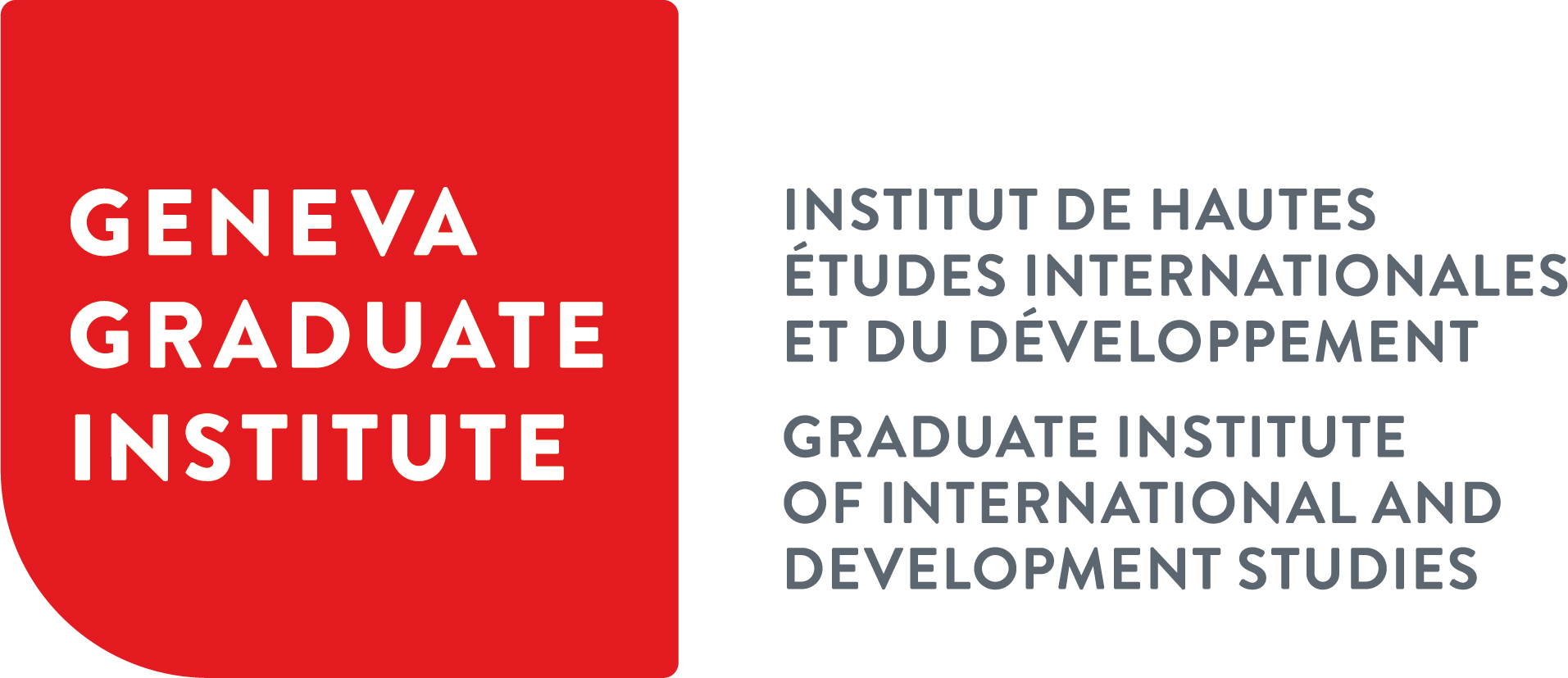International Armed Conflict in Democratic Republic of Congo
The Democratic Republic of Congo is engaged in a non-international armed conflict against the M23 armed group. Rwanda has intervened in DRC in support of M23, both by aiding the group and by deploying its own troops, hence triggering an international armed conflict.
For an international armed conflict to exist, there must have been a resort to armed force involving at least two states. Under an expansive view, there is an international armed conflict when states carry out military operations directed against non-state armed groups in the territory of another state without the latter’s consent, regardless of whether or not the territorial state responds with armed force or whether there are actual clashes between the two states’ armed forces. Albeit controversial, the RULAC project adopts this position. Unlike for non-international armed conflicts, there is no requirement for the violence to reach a certain threshold for international armed conflicts. For further information see the Classification section.
In March 2022, DRC armed forces moved the first allegations against Rwanda, claiming that the neighbouring country supports M2 rebel group, while Rwanda rejected the allegations. On 25 May, DRC government reiterated its accusations against Rwanda and subsequently suspended all flights of Rwandan national airline RwandAir to DRC. On 5 June, DRC President Tshisekedi affirmed that he had no doubt that Rwanda intervened in DRC to support M23 rebel group. Furthermore, the army announced that Rwanda sent 500 troops in North Kivu and fired rockets in the area. Furthermore, it affirmed that it captured two Rwandan soldiers in May. On 15 June, demonstrations erupted close to he border with Rwanda, as the local population protested against the foreign intervention. International Crisis Group, Crisis Watch: Democratic Republic of Congo.
In July 2022, Kenian and DRc Presidents met in in Angola’s capital Luanda in order to discuss a de-escalation plan in North Kivu. Both parties agreed to an ‘immediate cessation of hostilities’ and ‘immediate and unconditional withdrawal’ of M23 rebels from eastern DRC. Nevertheless, the following day M23 affirmed that they rejected the agreement, as only the group could sign a ceasefire agreement. Therefore, fighting continued between M23 and DRC armed forces. International Crisis Group, Crisis Watch: Rwanda.
In August 2022, a confidential report by the United Nations group of experts on the Democratic Republic of the Congo (DRC), transmitted to member states of the UN Security Council, was leaked. According to the report, there is solid evidence that would confirm Rwandan intervention in DRC in favour of M23. M. Notably, the Report affirms that the group of experts ‘obtained solid evidence of the presence of, and military operations conducted by, RDF (Rwandan Defence Force) members in Rutshuru territory between November 2021 and July 2022.’ Le Cam, ‘Confidential UN report provides 'solid evidence' of Rwanda's involvement in the East DRC’, Le Monde, 5 August 2022; N. Peyton, H. Holland, ‘U.N. experts: Rwanda has intervened militarily in eastern Congo’, Reuters, 4 August 2023.
On 25 November 2022, a Mini-Summit on Peace and Security in DRC took place in Angola. During that occasion, Congolese President Tshisekedi and Rwandan Foreign Ministry Vincent Biruta called for a cessation of hostilities in North Kivu. Nevertheless, M23 rejected the call again. On 10 December 2022, DRC President affirmed that his country is victim of ‘unequivocal aggression by Rwanda’. On the other hand, Rwandan President answered that his country ‘cannot be responsible for... Congolese of Rwandan descent in Congo who are being denied their rights as citizens’. International Crisis Group, Crisis Watch: Rwanda. On 24 January 2023, Rwandan forces fired a missile against Congolese fighter jet, for allegedly violating Rwandan airspace. ‘Great Lakes Tensions Spike After Rwanda Nearly Downs a Congolese Fighter Jet’, International Crisis Group, 27 January 2023.
Allegations of Rwandan support seem to be confirmed by various sources. Apart from the forementioned leaked UN expert report, the European Union has ssued a statement where it urged ‘Rwanda to stop supporting the M23 and use all means to press the M23 to comply with the decisions taken by the EAC and at the Mini-Summit on Peace and Security in the Eastern Region of the DRC in Luanda on 23 November 2022.’ Council of Europe, ‘Democratic Republic of the Congo: Statement by the High Representative on behalf of the EU on the publication of the recent UN Group of Experts report’, 31 December 2022. On 4 January 2023, the US expressed their support to the ‘midterm report by the United Nations Group of Experts released on December 30’ and ‘reiterate[d] our call for Rwanda to cease all support to M23 and withdraw its troops from eastern DRC.’ US Press Statement, ‘Statement on Report by UN Group of Experts’, 4 January 2023. Furthermore, Human Rights Watch has clearly stated that Rwanda not only is supporting M23, but also sent its own troops into DRC territory to fight against Congolese armed forces in Kivu. Human Rights Watch, ‘DR Congo: Atrocities by Rwandan-backed M23 Rebels’, 6 February 2023.
Under IHL, a NIAC becomes an IAC when a foreign country exercises overall control over an armed non-state actor ‘not only by equipping and financing the group, but also by coordinating or helping in the general planning of its military activity.’ ICTY, Tadić case, Appeal Chamber Judgment, 15 July 1999, §131. While currently the information at our disposal is not enough to conclude that Rwanda exercises overall control over the M23, the direct intervention of Rwanda with its troops leads us to conclude that DRC is party to two parallel conflicts: a NIAC against M23 and an IAC against Rwanda.
Both countries are parties to the four 1949 Geneva Conventions and to the 1977 Additional Protocol I applicable to international armed conflicts. Furthermore, they are bound by customary international humanitarian law applicable to international armed conflicts. In addition to international humanitarian law, international human rights law continues to apply during times of armed conflict, but it is controversial whether it also applies to extra-territorial airstrikes.
- DRC
- Rwanda


